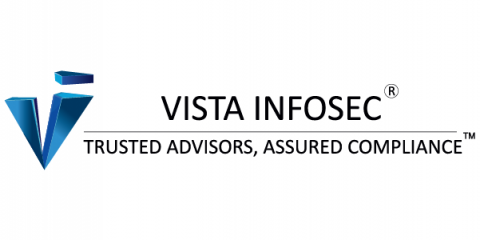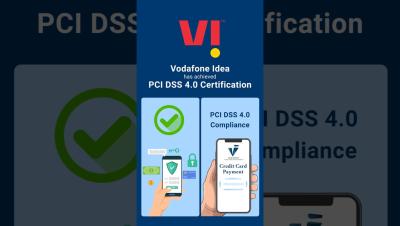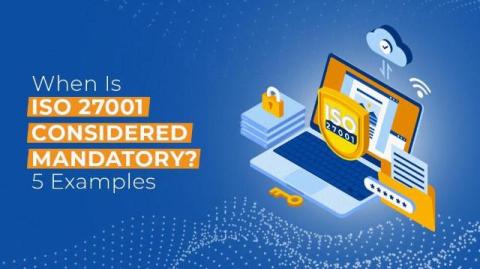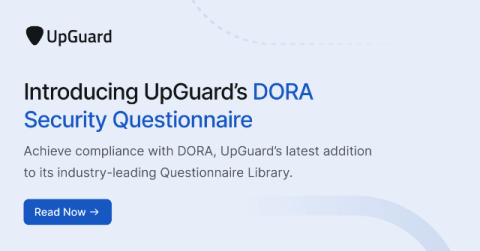The Road Taken: Pathways to Better Compliance
Ralph Waldo Emerson, the renowned American writer, lecturer and philosopher, is often credited with the phrase “It’s not the destination, it’s the journey.” Legal, Compliance, Risk and Security professionals would be wise to consider Emerson’s wise words and philosophy. The path to optimal compliance outcomes and practices is long and full of twists and turns – with new and increasingly complex rules, regulations and legal regimes.











